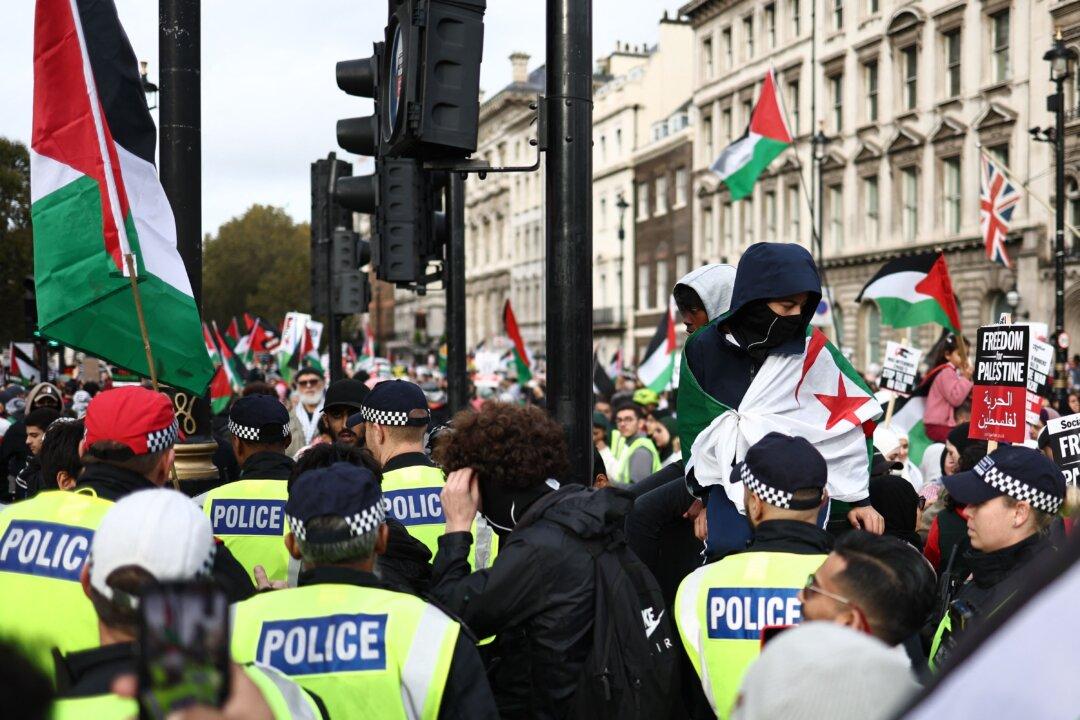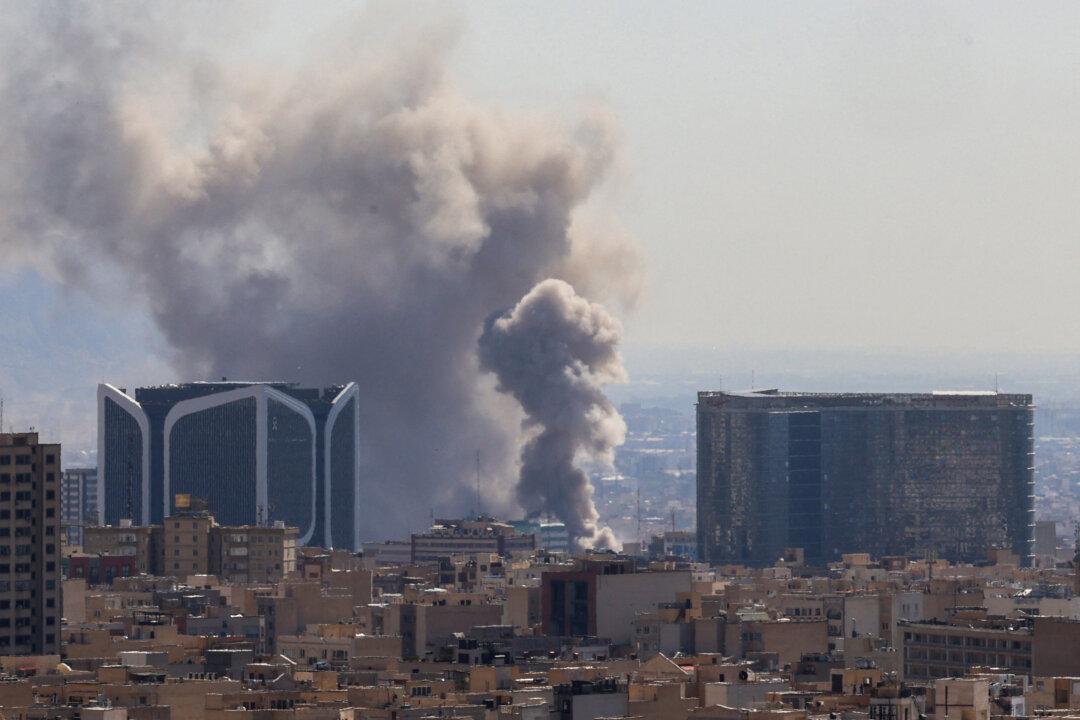The Metropolitan Police has warned people protesting against Israel’s military actions in Gaza they are liable to arrest and prosecution if they use the phrase “jihad.”
But Deputy Assistant Commissioner Ade Adelekan, who will be the Met’s gold commander this weekend, said their response to the word jihad was always “contextual.”





